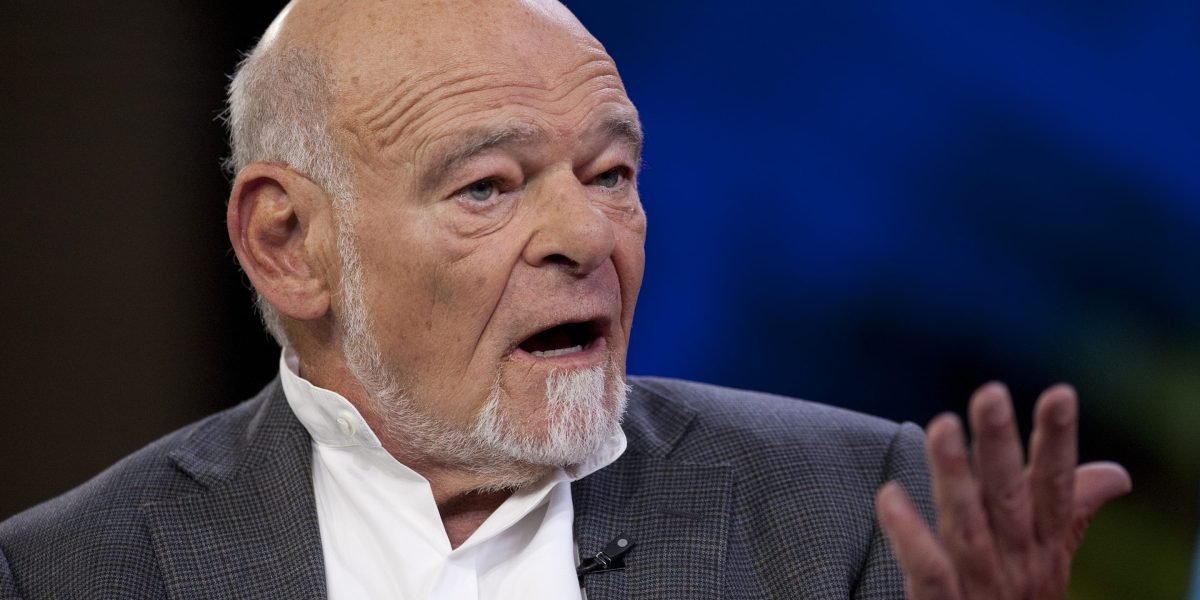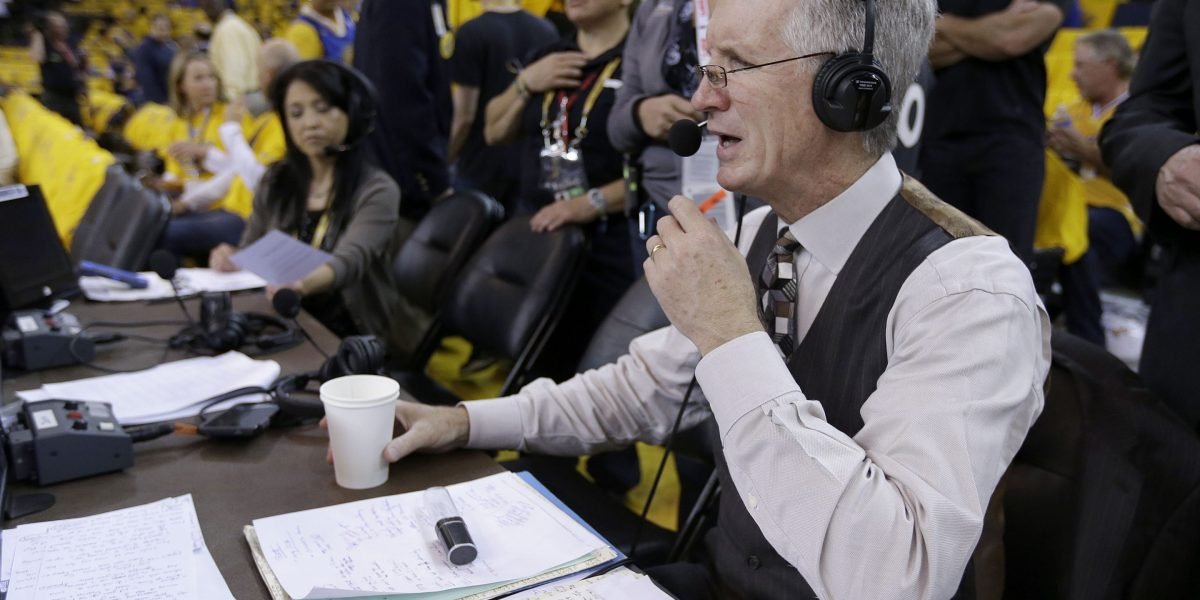Remote work is “a bunch of bullshit,” according to Sam Zell, the outspoken real estate magnate known for his colorful language.
“One of the biggest lies in the world is that people working from home are more productive than people working in the office,” the billionaire founder and chairman of Equity Group Investments told a New York University luncheon on Wednesday. “You have much less productivity if you’re working from home in your pajamas with three little kids running around than if you’re in an office.”
The commercial real estate legend received applause for his comments this week, but then, he was speaking to friendly audience. NYU’s Schack Institute of Real Estate hosted the luncheon as part of its annual REIT Symposium, with real estate execs and many grad students hoping to reach Zell’s level of success in attendance. GlobeSt.com, a trade outlet, covered his comments.
In 2001, Zell founded Chicago-based Equity Office Properties Trust, which went on to become the largest owner of U.S. office property after the federal government, as well as the first real estate investment trust (REIT) to join the Standard & Poor’s 500 index. Private equity firm Blackstone Group bought it for $20 billion in 2007.
Zell, of course, is not a neutral observer. The shift to remote work has hammered commercial real estate (CRE), where he made much of his fortune, leading to rising vacancy rates and falling property values. Morgan Stanley analysts recently forecast something “worse than in the Great Financial Crisis” for CRE. And last month, Tesla and Twitter CEO Elon Musk tweeted that of all the economy’s looming threats, the state of the CRE debt market is “by far the most serious.”
Many remote workers, however, would beg to differ with Zell about working from home. In a Pew Research survey published last month, 56% of respondents said working from home helps them get work done and meet deadlines, while 37% said it neither helps nor hurts.
Remote work downsides
But some of the respondents would agree with his comments on remote workers—particularly younger ones just starting their careers—being less connected to colleagues and mentors and missing out on opportunities.
“Young people need to develop their skills,” he said, “and you can’t develop those skills if you’re not in the office.”
He added, “I don’t know how a young person who wants to be recognized—who wants to be rewarded for superior effort—can do so if the person who makes the decisions about them doesn’t see them at work.”
In the Pew survey, 53 percent said that working from home does hurt them in terms of how connected they feel to co-workers. Thirty-seven percent said it neither hurt nor helped, while only 10 percent said it helped. In terms of opportunities to be mentored, 36 percent said remote work hurt them. Only 10 percent said it helped, while 54 percent said it neither helped nor hurt.
JPMorgan CEO Jamie Dimon said in January at Davos that remote work “doesn’t work for young kids or spontaneity or management.” He made similar comments in May 2021 at a Wall Street Journal conference, saying, “It doesn’t work for those who want to hustle. It doesn’t work for spontaneous idea generation. It doesn’t work for culture.”
And venture capitalist Marc Andreessen said late last year that remote work has “detonated” the way Americans connect, with younger workers getting hit the hardest.
More recently, James Clarke, the CEO of Clearlink, a Utah-based digital marketing firm, explained why he feels remote workers should return to the office. He revealed his fear that some of them might be working other full-time jobs, and mentioned the ability of artificial intelligence to boost productivity, freeing up employee time the company might be better utilizing. Among his comments:
“Some of our developers could be working for two different companies. We don’t know. We hope that’s not the case, but we don’t know. Many content writers today are now exclusively using A.I. to write. I can do that in about 30 minutes of an eight-hour workday. So what do we need to do? Let’s put out 30 to 50 times our normal production.”
The office advantage
Zell criticized online meetings, too, arguing they can’t replace face-to-face ones:
“There’s an enormous difference between a Zoom board meeting and a meeting in person. A Zoom board meeting is a board meeting where everyone sits and listens to recitations. An in-person meeting is where the real discussion takes place.”
Zell also suggested that companies, when faced with layoffs, will favor staff who work in the office over remote workers. “We’re all reading about layoffs in the newspapers,” he said. “It will be interesting to see what percentage of those who lost their jobs worked from home and what percentage of them are people who came into the office.”
With the pandemic well in the rearview mirror, many CEOs have been demanding that employees who’d grown accustomed to working from home spend more time in the office, among them Bob Iger at Disney, Robert Thomson at News Corp, and Howard Schultz at Starbucks. Like Zell, many of them have cited the benefits of in-person collaboration and noted the shortcomings of remote work.
“The office situation will change,” Zell predicted this week. “People need to be together to develop their skills.”





